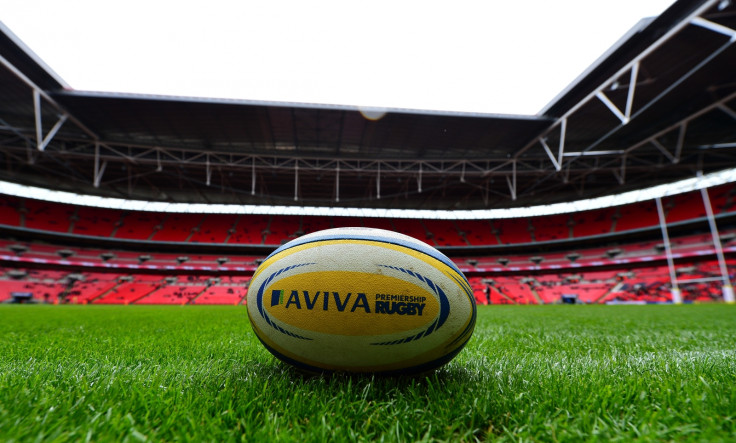Two Premiership Rugby Union players test positive for cocaine
Only around a third of top-flight players were actually tested.

Two un-named Aviva Premiership rugby union players tested positive for cocaine use during the 2015/16 season, the Rugby Football Union (RFU) have confirmed.
The two players, who cannot be named, returned samples showing out-of-competition recreational drug use. The anti-doping report, which included 1,001 samples tested for analysis (15% of which were blood), did, however, reveal that there were only four cases of anti-doping rule violations for performance-enhancing drugs and all at amateur level; one for the presence of Methandienone and Mesterolone, two for the presence of Oxandrolone and one for refusing to submit to Sample Collection.
Testing has taken place both in and out-of-competition and included both targeted and random selections at all levels of the game. "It's an extremely low number of positive cases," said RFU anti-doping manager Stephen Watkins.
"That's not to say it's not there, but if you compare those stats with wider general society, it's an incredibly low number of players who have been detected," he added.
Only around a third of top flight players were tested as part of the RFU programme, but Watkins has confidence in the process but admits there is a still a lot of work to be done where the amateur game is concerned. "We have tested a great deal in the Premiership consistently for over 10 years, with no violations, and in terms of the amateur game, there's certainly work to be done in terms of education, especially in terms of the lower levels," Watkins said.
© Copyright IBTimes 2024. All rights reserved.





